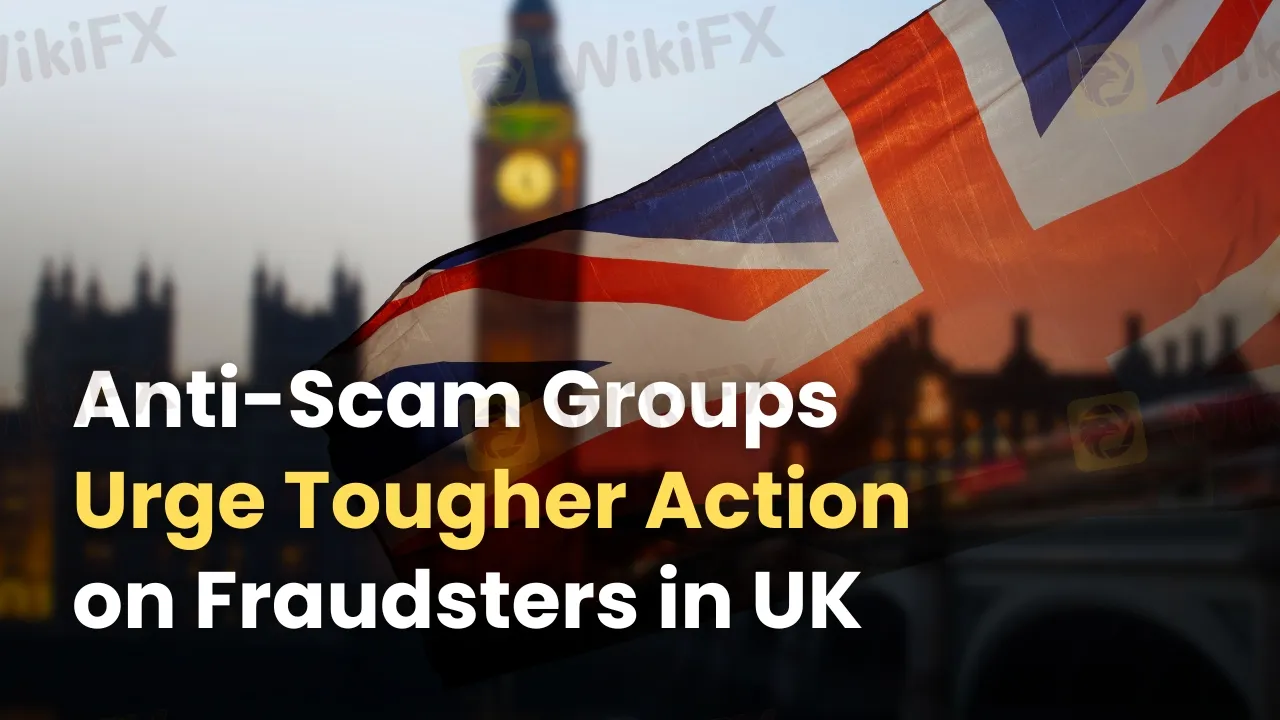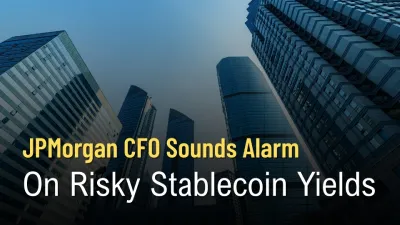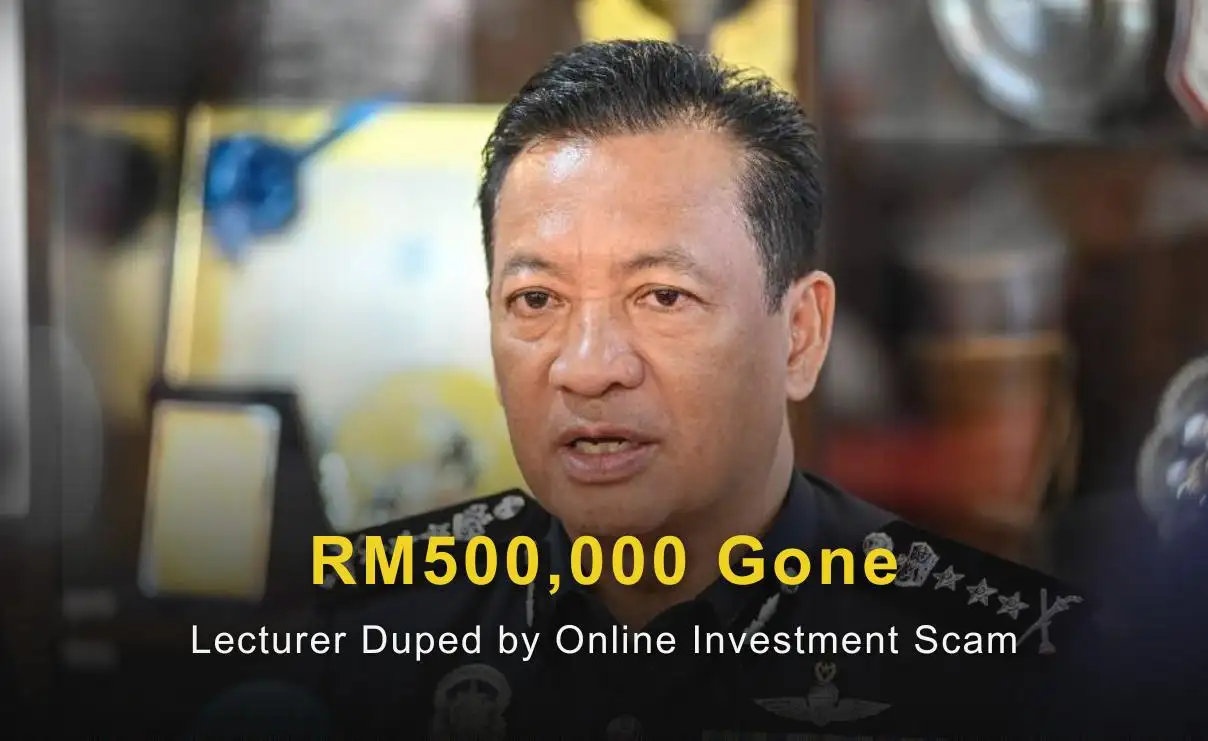Abstract:Anti-scam groups demand tougher police action on fraudsters as UK fraud rates surge 19%, targeting millions in a penalty-free crime spree exposed by a $35m scam leak.

Anti-scam campaign groups are pressing police forces across the UK to crack down harder on fraudsters. These criminals, they argue, are pocketing millions from unsuspecting victims in whats being called “a penalty-free crime.” The urgency of their plea comes hot on the heels of a UK government announcement revealing plans for an “expanded” fraud strategy, designed to tackle the alarming 19% spike in reported fraud cases last year, according to the Office for National Statistics.
The timing couldnt be more critical. Just weeks ago, a massive data leak uncovered a $35 million (£27m) scam call center operation, with Swedish broadcaster SVT handing over files containing over 1 million fraudulent calls to the Organized Crime and Corruption Reporting Project (OCCRP), the Guardian, and other global media partners. The exposure has lit a fire under campaigners who say enough is enough.
Jorij Abraham, managing director of the Global Anti-Scam Alliance (GASA), didn‘t mince words: “You can scam and go free. There is hardly any risk. It’s easy, low-cost, and quite rewarding.” Speaking at GASAs London conference, he urged politicians worldwide to empower law enforcement with more resources and authority to fight back. His earlier remarks at the event labeled scams as a “penalty-free crime,” a sentiment echoing through the anti-scam community.

Rocio Concha, a leading voice at consumer protection group Which? Emphasized the need for teamwork. “Law enforcement has a crucial role to play in stopping the UKs fraud epidemic and deterring scammers,” she said. She called for police, government, and businesses—like telecoms, banks, and online platforms—to unite in sharing intelligence to prevent scams before they start. But she also injected a dose of realism: “We need to acknowledge the limits of UK law enforcement when facing organized crime gangs running sophisticated online scams from abroad. Regulators must step up too, slapping financial penalties on businesses that fail to protect consumers.”
The governments new fraud-fighting initiative, unveiled last week by UK fraud minister Lord Hanson at the GASA conference, promises a no-mercy approach. “We need to hold criminals to account for actions, pursue them relentlessly, and make sure we get outcomes … for victims,” he declared. He warned that fraud profits are fueling other illegal activities, a chilling reminder of the stakes involved.
The Georgian scam operation, which raked in $35 million, hit UK residents hardest, with Brits losing £9 million—about a third of the total haul. Of the 2,000 victims worldwide who lost the most, 652 were from the UK, some parting with over £100,000 each. Georgian prosecutors have opened a criminal probe into the Tbilisi-based racket, but it‘s unclear if they’re getting backup from international partners.
When pressed by the Guardian, the UK‘s National Crime Agency stayed tight-lipped about any collaboration with global agencies. Meanwhile, the City of London Police, the nation’s top fraud-fighting force, dodged questions about whether theyve offered help to Georgian authorities. For now, victims and campaigners alike are left hoping for a breakthrough as the fight against fraudsters ramps up.











